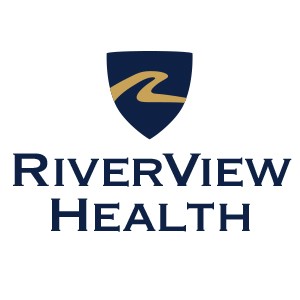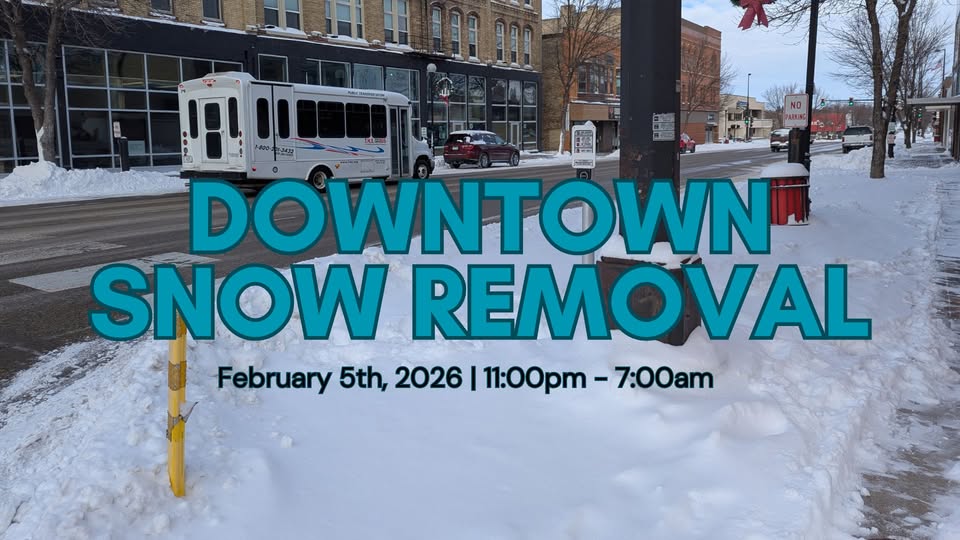December is a month of celebration, including family gatherings, get-togethers with friends, and work parties. It is also one of the deadliest months due to spikes in drinking and drugged driving, and the reason the month is designated as National Impaired Driving Prevention Month.
Did you know that one out of seven Minnesota citizens has at least one Driving While Intoxicated (DWI) charge on their record, according to the Minnesota Department of Safety? A DWI is a public record.
“Research shows that by the time most drivers are charged, they have driven intoxicated at least 75 times; some research shows significantly more often,’’ shared Curtis Hamre, director of the RiverView Recovery Center (RRC). “Each time you drive after only two or three drinks, you may not blow over the legal limit, but your mental function and reaction time decrease. This means you could be responsible for harming someone or their property; this is called victimizing someone.’’
According to the Centers for Disease Control and Prevention (CDC)-
-In 2020, 11,654 people were killed in alcohol-impaired driving crashes in the US – a 14% increase from 2019. That is about 32 people every day or one person every 45 minutes.
-7 million Americans reported driving under the influence of marijuana or other illicit drugs in 2020.
The RiverView Recovery Center offers services to those charged with DWI and participates in DWI Courts in Marshall, Polk, Red Lake, Pennington, and Roseau Counties.
“RiverView Recovery is dedicated to changing DWI behavior,’’ Hamre stated. Chemical Health Assessment If you drive impaired and receive a DWI, a Chemical Health Assessment is generally required. This assessment, based on Minnesota statutes, is a clinical tool used to screen for substance use disorders (alcoholism, addiction, substance abuse, or chemical dependency).
The assessment is a process for defining the nature of the problem, determining a diagnosis, and developing specific treatment recommendations for addressing the issue or diagnosis.
RRC offers in-person or telehealth assessments by qualified, licensed alcohol and drug addiction counselors.
Driving with Care Education
Driving with Care is a cognitive-based drinking and driving program for DWI offenders. The course is comprehensive and covers a range of topics, including alcohol education, blood alcohol content levels, Minnesota state laws, alcohol consumption patterns, and techniques to reduce the risk of reoffending.
Driving with Care is the gold standard for DWI education in Minnesota.
Level 1 is for the first-time DWI offender with a blood alcohol content level of less than 0.15 at the time of arrest. This education can be combined with treatment services (Relapse Prevention or Structured Outpatient). The central purposes of this education are to prevent re-arrest and to prevent future alcohol and other drug-related issues by providing alcohol awareness education.
Level 2 is also for the first-time DWI offender but with a blood alcohol content level of 0.15 or greater or for the multiple DWI offender. This education can be combined with treatment services (Relapse Prevention, Structured Outpatient, or Intensive Outpatient). This program expands upon the foundational information offered in Level 1 education, with time dedicated to helping repeat DWI offenders reduce the risk of falling back into problematic drinking.
New classes begin quarterly, as needed.
According to Hamre, research shows that DWI education reduces repeat offenses. DWI Court Hamre shared that RRC is a proud partner in DWI Court, a special court dedicated to changing the behavior of the alcohol-dependent offender arrested for DWI. Participants include the offender, treatment providers, probation services, law enforcement, and the courts. An eligible defendant who enters a guilty plea or is convicted of a DWI can participate in the program, which is an alternative to traditional criminal probation.
The goals of the DWI Court are to increase public safety by addressing alcoholism as a root cause of impaired driving, helping participants remain clean and sober, reducing alcohol and drug-related crime, and reducing expensive incarceration costs. According to the National Highway Traffic Safety Administration, repeat DWI offenders graduating from DWI Courts were up to 65% less likely to be rearrested for a new DWI offense.
RiverView Recovery also provides Intensive Outpatient treatment and Relapse Prevention for those needing a higher level of Care.
RiverView has recovery locations in Crookston (218.281.9511), East Grand Forks (218.230.0787), Thief River Falls (218.681.8019), and Roseau (218.463.3447). For information on specific services in each location, go to www.riverviewhealth.org and look under the Chemical Dependency tab.




